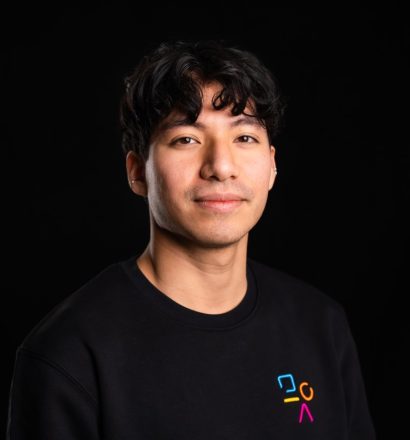Leprosy and social exclusion

Author

Yannick Wirjosentono
Whenever I have a conversation with someone I know about leprosy, I tend to get the same kind of response. “Oh I thought it already got eradicated a long time ago?” or “is that the disease where your limbs fall off?” To be honest, who can blame them? You hardly ever see or read stories about leprosy in the media, and most people have never seen or know anybody who is affected by leprosy. Around 200,000 people are diagnosed with leprosy worldwide in the most marginalized communities. Many people affected by leprosy still have to go through a life of social exclusion and stigma. Here, I would like to expand on social exclusion, what it is, what it does and the significance in relation to leprosy.
What is social exclusion?
First, I would like to establish that any form of social exclusion is a horrible thing to put any human through. Even as a punishment social isolation or exclusion takes away a big part of what makes us human. I will not go in depth on all people or groups that face social exclusion. This is merely meant to give you an understanding of social exclusion and leprosy.
So, what is social exclusion?
It means that for whatever reason a person or group of people are being systematically cut-off from or refused access to participate with the rest of society in any kind of form. This can be a denial of rights, opportunities or access to resources. This results in the isolation or segregation of a person or group of people. It can lead to a society that is separated by social divisions and creates an environment that perpetuates inequality.
Examples of social exclusion that can come to mind include the plight of the LGBTQ-community, people with a disability or those in France’s banlieues. While it’s not the same, but comparable persons affected by leprosy face a life of discrimination, stigma and social exclusion.
How does social exclusion affect people?
Social exclusion has severe consequences for individuals and communities. It negatively impacts people’s well-being, mental health, and overall quality of life. Mental health issues associated with social exclusion are feelings of loneliness, depression, anxiety, and low self-esteem, exemplified by the story of Mohammed from Indonesia.
Moreover, social exclusion often results in limited access to essential services, including healthcare, education, and employment opportunities. It can perpetuate cycles of poverty and hinder socioeconomic mobility. Socially excluded individuals may face barriers in accessing housing, legal protection, and social support networks. They are more likely to experience discrimination and unequal treatment, further marginalizing them from mainstream society.
The significance of leprosy in relation to social exclusion.
Leprosy has historically been associated with stigma, fear, and misconceptions. Many people learn about the disease through their culture or religion, as it is mentioned in the Bible. People affected by leprosy have been subjected to exclusion from their families, communities, and even healthcare systems. Yes, even from the healthcare systems. Sometimes health workers are not educated enough in the infectiousness of leprosy, resulting in the refusal of treatment of those affected. The consequences of social exclusion due to leprosy are profound. Leprosy is a curable disease, but gets worse the longer it stays untreated. Social exclusion and stigmatization lead to people not seeking help on time, which worsens the effects leading to permanent disabilities. Whenever someone gets these permanent disabilities the chances of being ostracized increases as most people recognize the physical consequences of leprosy, but few know it’s true infectiousness or even that it’s curable.
What we do
Efforts have been made to combat social exclusion related to leprosy through awareness campaigns, legal reforms, and initiatives promoting inclusivity and rehabilitation. However, it remains a significant challenge, requiring comprehensive strategies that address both the medical and social aspects of leprosy. Organizations like NLR help educate local communities by promoting and supporting the prevention and treatment of leprosy, prevention of disabilities, social inclusion and stigma reduction of people affected by leprosy.
See what NLR does to achieve Zero Exclusion.
Voluntarily written for nlrinternational.org by Yannick Wirjosentono. Opinions stated in the article are on personal title of the author and do not necessarily express NLR’s views.
Great. Thanks for the post and clear concept of social exclusion.